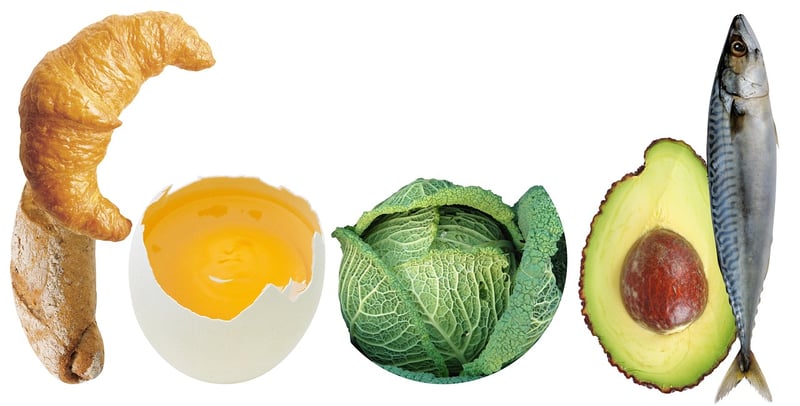Nutrient Management
Keeping Your Vertical Garden Healthy: Nutrient Management Tips
Vertical gardens are a fantastic way to bring greenery into small spaces and create a visually appealing environment. However, to ensure your vertical garden thrives, proper nutrient management is key. Here are some essential tips to keep your vertical garden healthy and vibrant:
1. Choose the Right Soil Mix
Use a lightweight, well-draining soil mix specifically designed for vertical gardens. This type of soil will provide adequate aeration and drainage for your plants' roots, preventing waterlogging and root rot.
2. Fertilize Regularly
Plants in vertical gardens may require more frequent fertilization due to limited soil volume. Use a balanced liquid fertilizer or slow-release granular fertilizer to provide essential nutrients to your plants. Follow the manufacturer's instructions for the correct application rates.
3. Consider Organic Options
Opt for organic fertilizers to promote long-term soil health and minimize the risk of chemical buildup. Compost tea, seaweed extracts, and worm castings are excellent organic options that can help nourish your plants naturally.
4. Monitor Plant Health
Regularly inspect your plants for any signs of nutrient deficiencies, such as yellowing leaves or stunted growth. Adjust your fertilization routine accordingly to address any nutrient imbalances and keep your plants healthy.
5. Water Wisely
Proper watering is crucial for nutrient uptake in plants. Ensure your vertical garden has adequate irrigation systems in place to deliver water evenly to all plants. Avoid overwatering, as this can lead to nutrient leaching and waterlogged soil.
6. Rotate Crops
Rotate your plantings in the vertical garden to prevent nutrient depletion in the soil. Different plant species have varying nutrient requirements, so rotating crops can help maintain soil fertility and prevent nutrient deficiencies.
7. Mulch and Compost
Use mulch to retain moisture in the soil and suppress weed growth. Additionally, adding compost to your vertical garden can enrich the soil with organic matter and essential nutrients, promoting plant growth and overall garden health.
Conclusion
By following these nutrient management tips, you can ensure that your vertical garden remains healthy, lush, and vibrant. With proper soil care, fertilization, and monitoring, your vertical garden will thrive and provide you with a beautiful green oasis in any space.
Remember, a well-nourished vertical garden is not only visually appealing but also contributes to a healthier environment in your home or workplace.

For more gardening tips and inspiration, check out Gardeners.com.
